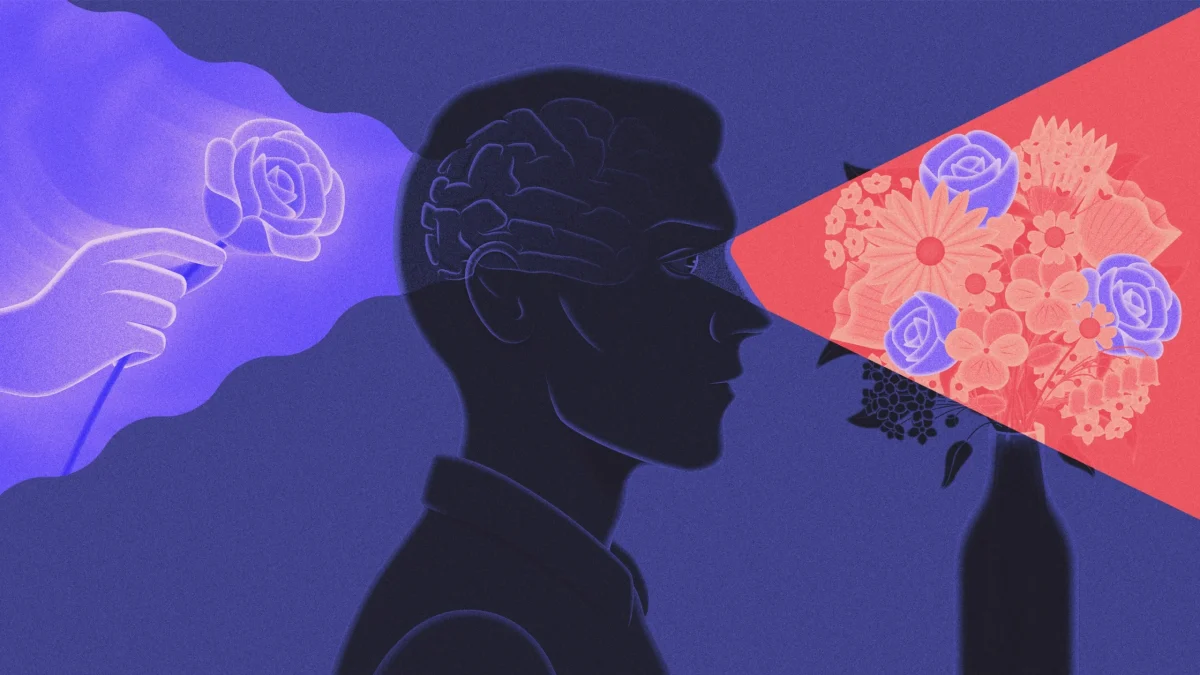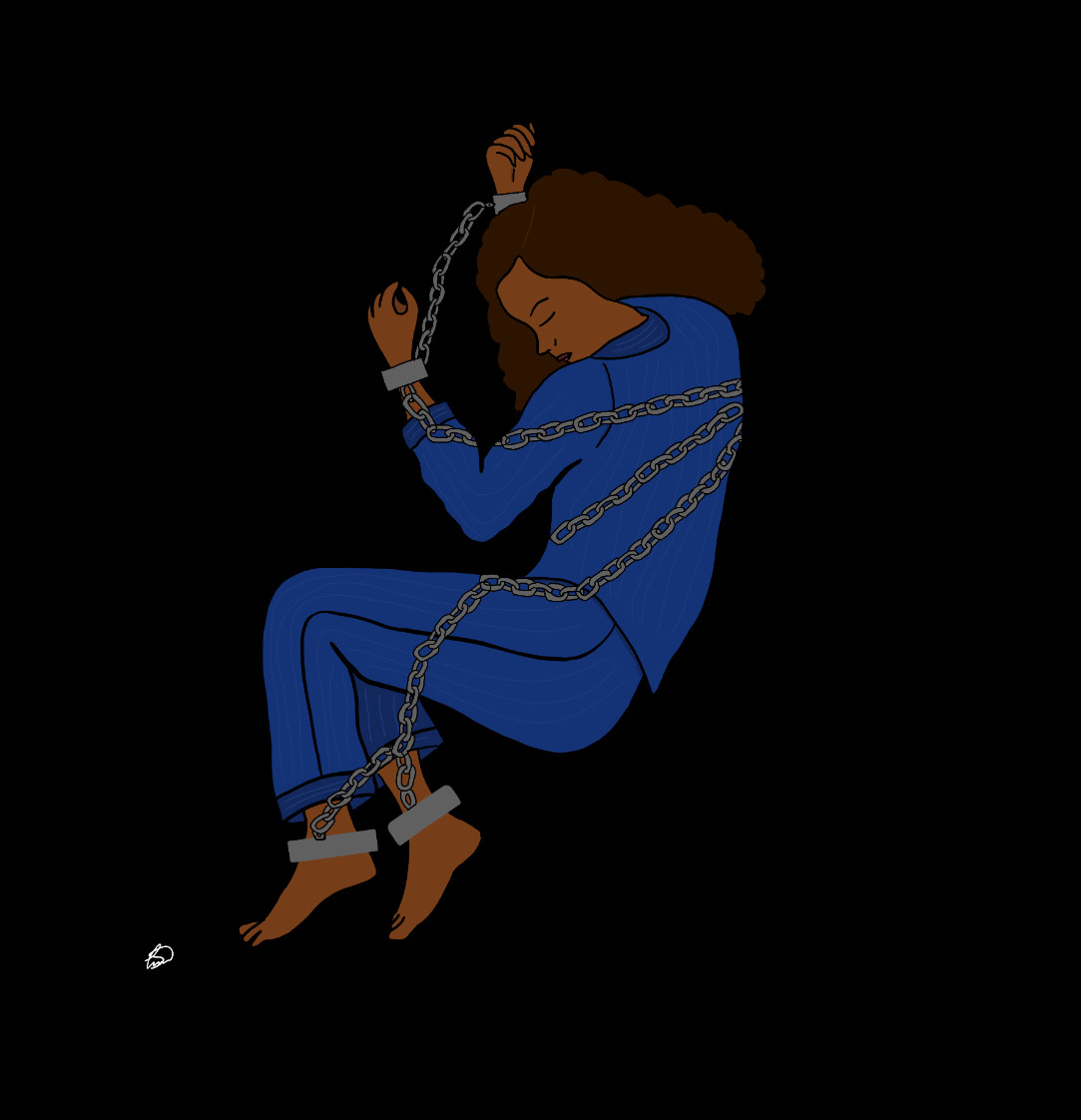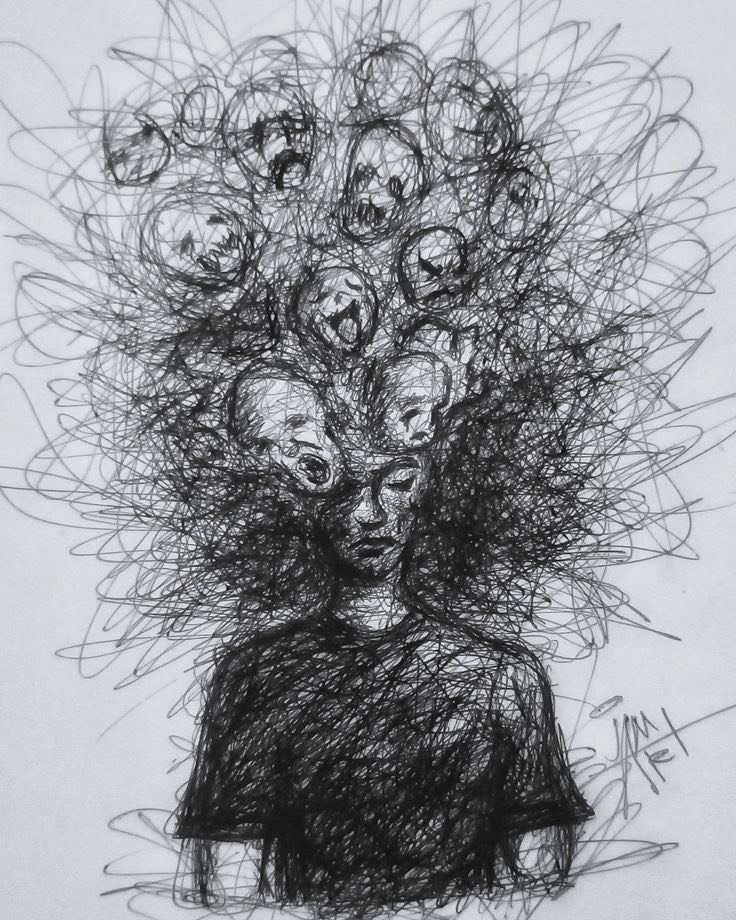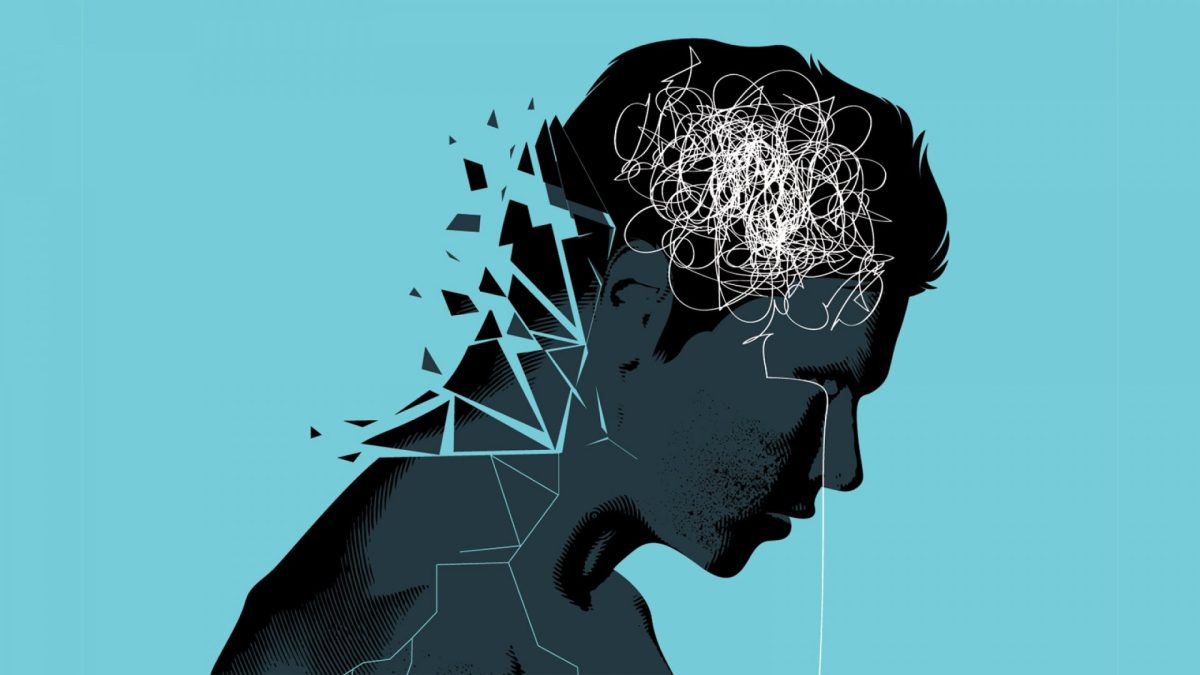A person’s mental health is vastly dependent on the way they see their life, which is largely governed by the memories they have.
As specified by the National Library of Medicine, people with depression show poor recall for positive events but have a stronger recall for negative events.
This stems from the fact that depression can make individuals view negative events as more central to their identity and life stories.
Memories play a crucial role in shaping one’s perspectives. A person’s thoughts and perceptions foster the habits and actions they develop. This, in turn, dictates how their time is spent, which paves the way for how much happiness they will experience.
Adapt for Life, a self-help website says something similar: “The way we think about something affects how we feel about it. Our thoughts and feelings influence our behaviors, choices, and ultimately, outcomes.”
For instance, those raised in a healthy household with caring parents and positive family dynamics are reportedly shown to be less likely to develop depression. these individuals have been taught to form positive ideas about the world and themselves, Whereas, people who grow up in a household where they are constantly compared to their siblings and treated less than they are, are more likely to develop depression. Sources such as PubMed Central support these claims.
According to the novel, The Art of Making Memories by Meik Wiking, some of the happiest memories are playing with their dog, going on trips with family, passing an important exam, or even watching sports with family.

He notes that a copious amount of the happy memories reported in his study revolved around being around others. Hence, one of his tips to build more joyful memories is to spend more time with family and friends.
Impactful or exciting memories are often more effective when it comes to staying in a person’s memory lane, rather than being forgotten like a math lesson, or like the advertisements that play just before the movie starts.
Memories involving math lessons and boring advertisements fall under a classification of memories called semantic memory.
People who have a multitude of actions falling under semantic memory in their day-to-day lives report feeling less happy.
To paint a picture of what this could look like; being stuck in an office job one doesn’t like, seeing the same faces, dealing with numbers or data and more is a part of semantic memory which is a type of long-term memory that helps to remember numbers, faces and facts.
To combat this, Meik Wiking, advises, “Do something different whenever you can. It can be a small change or a big one.”
Episodic memory is another type of long-term memory, but it involves recalling past events and how one felt during its duration.
A multitude of memories falling under this category is essential for the happiness of an individual as these memories are easier to recall and help build a positive view of one’s life.
A person can cultivate episodic memories by ensuring the action they are partaking in requires sensory information such as tasting food, going on a roller coaster, laughing with friends, etc.. which gradually build happier memories and a happier life.














